
- 11144 Warwick Boulevard • Newport News, VA 23601
- Follow Us

The loss of a loved one to suicide is a tragic event that defies understanding. It is important to realize that this is “complicated grief”, it often involves strong emotions of guilt and anger which need to be acknowledged and addressed.
The stigma can often leave a family without support when a family member loses someone to suicide. They are often left feeling too ashamed to reach out for help and others are often too afraid to reach out and bring up the death.
How to Take Care of Yourself
How to Help
Supporting someone who has lost a loved one can feel overwhelming and complex. There are ways to help.
Below are some resources that we have found that can help those families and friends begin to heal when a death by suicide occurs.
This helpful resource guide has various sections about coping with death by suicide. Some include returning to work, communicating with children, and guidelines for schools.
The Alliance of Hope is for suicide loss survivors. This organization reminds people that they are not alone in their loss. Their website includes an online forum where survivors can connect, resources for those who just lost someone to suicide, and a blog with helpful information about suicide loss.
This organization is unique because all of its staff and volunteers have been directly impacted by suicide. They have several publications, a monthly newsletter, and a suicide loss helpline — all resources to help your families.
If you or the families you serve are interested in starting a suicide support group, this is a great resource. In this guide you will find the importance of support groups, how to get started, potential drawbacks, and more.
Sometimes, after a person loses a loved one to suicide, they may consider taking their own life. This resource helps these individuals understand their feelings and learn strategies to cope with them.
If you or someone you know is showing warning signs of suicide or needs additional resources, call the National Suicide Prevention Lifeline at 1-800-273-8255.




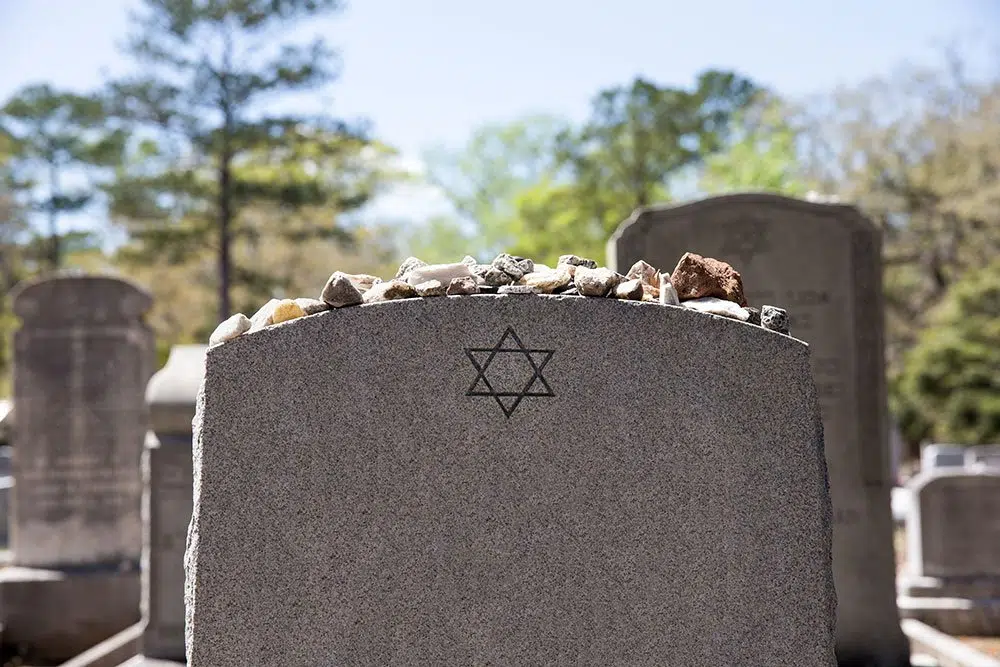




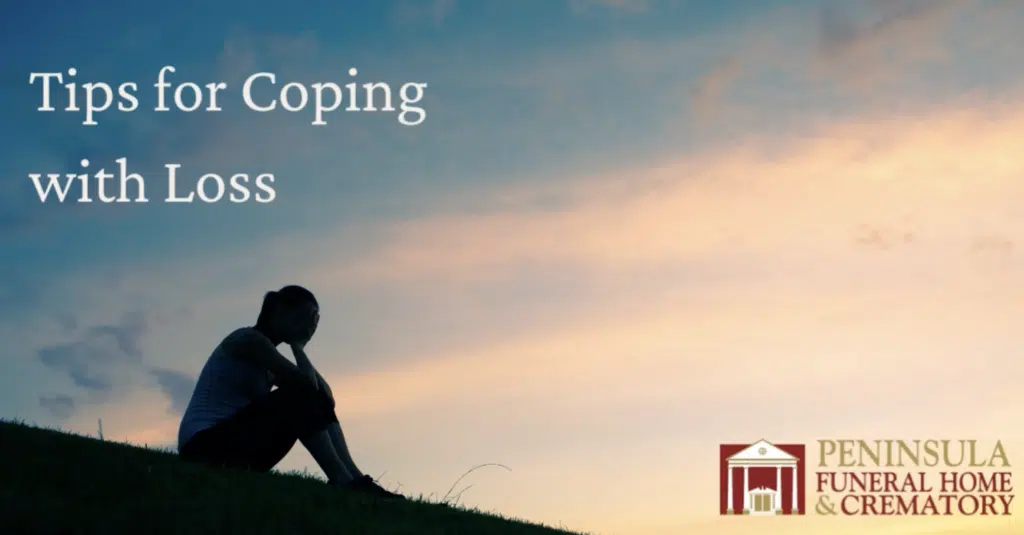
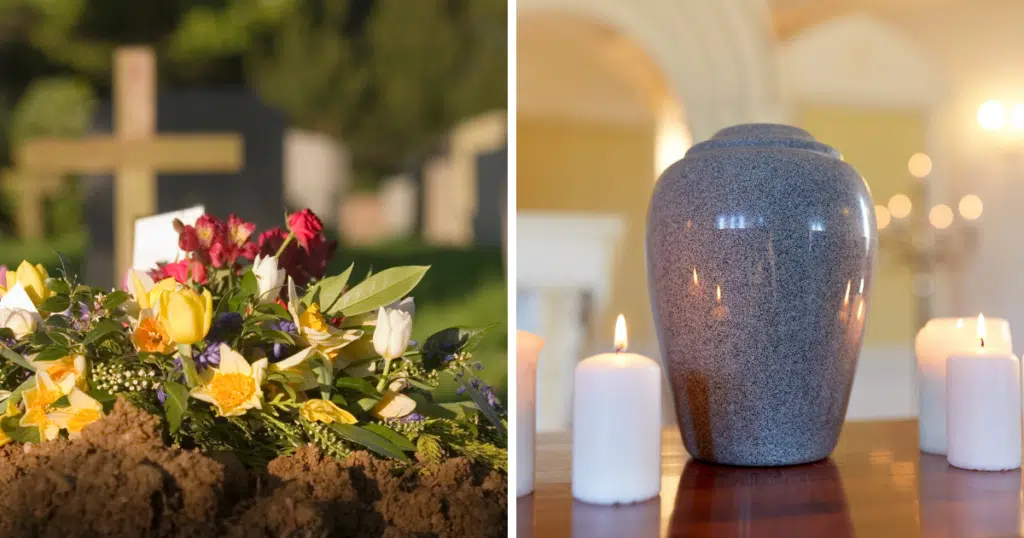



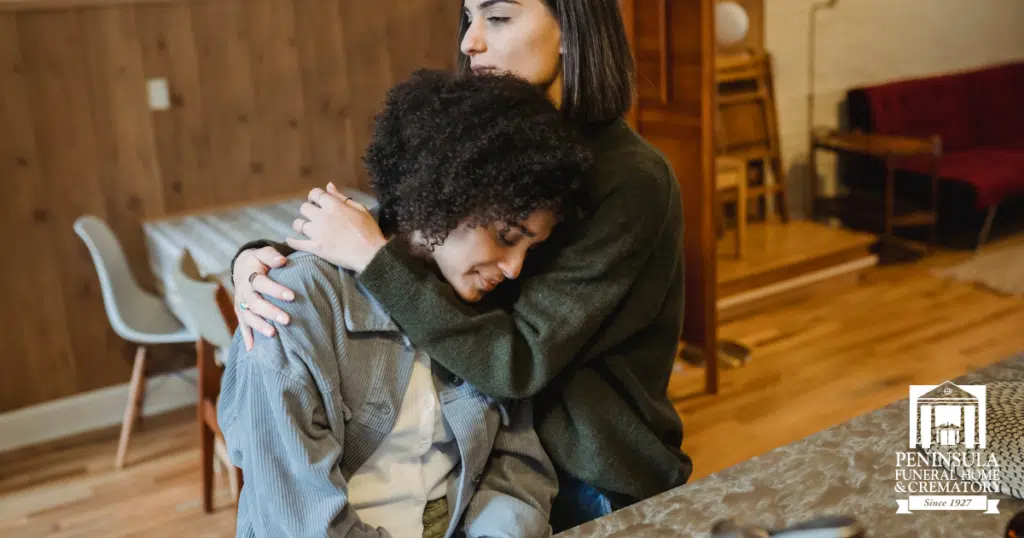
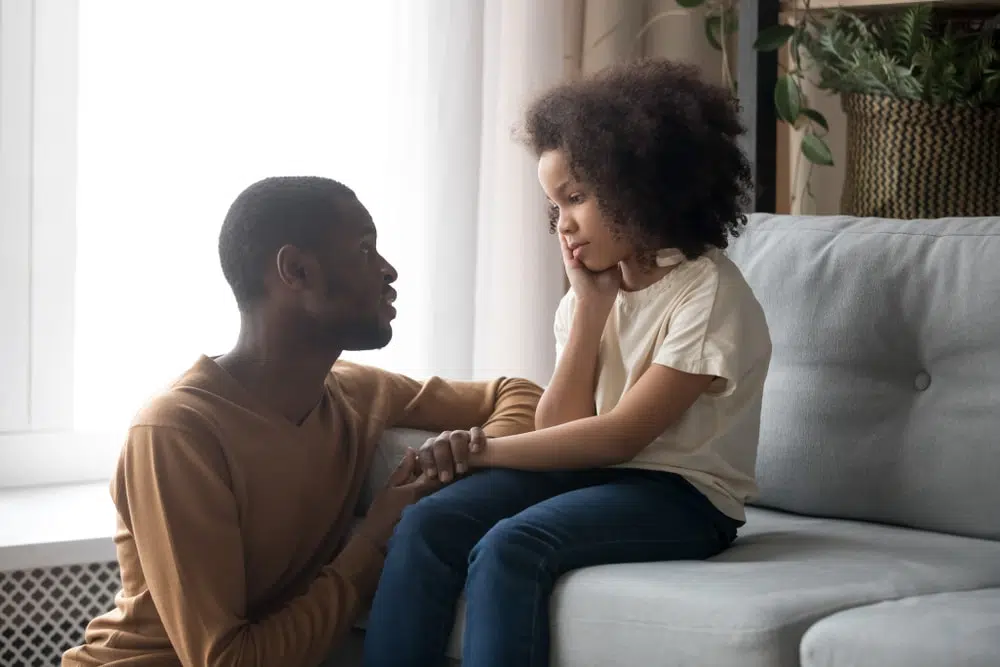

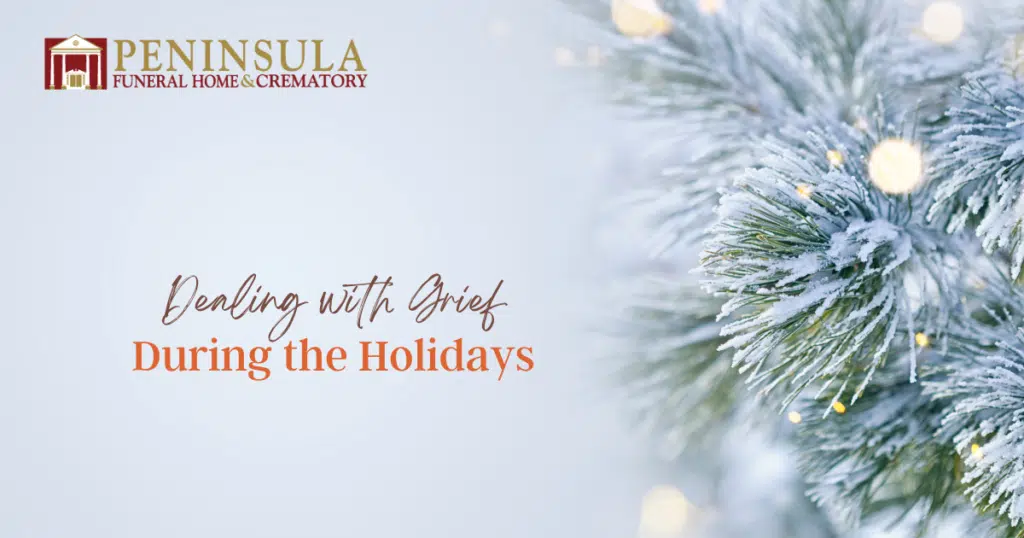



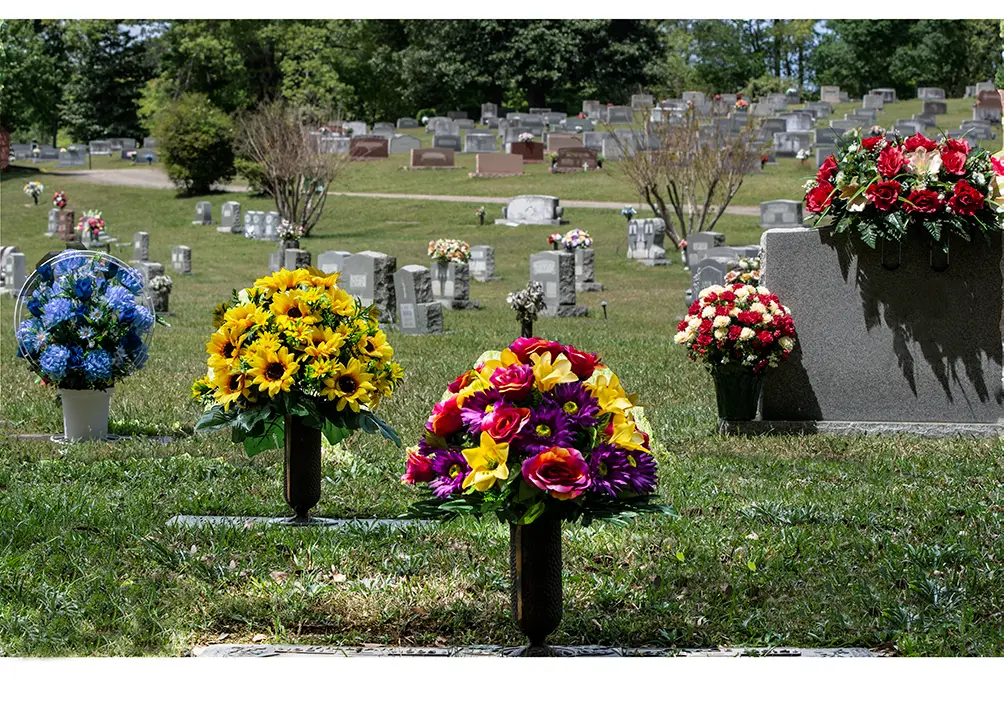
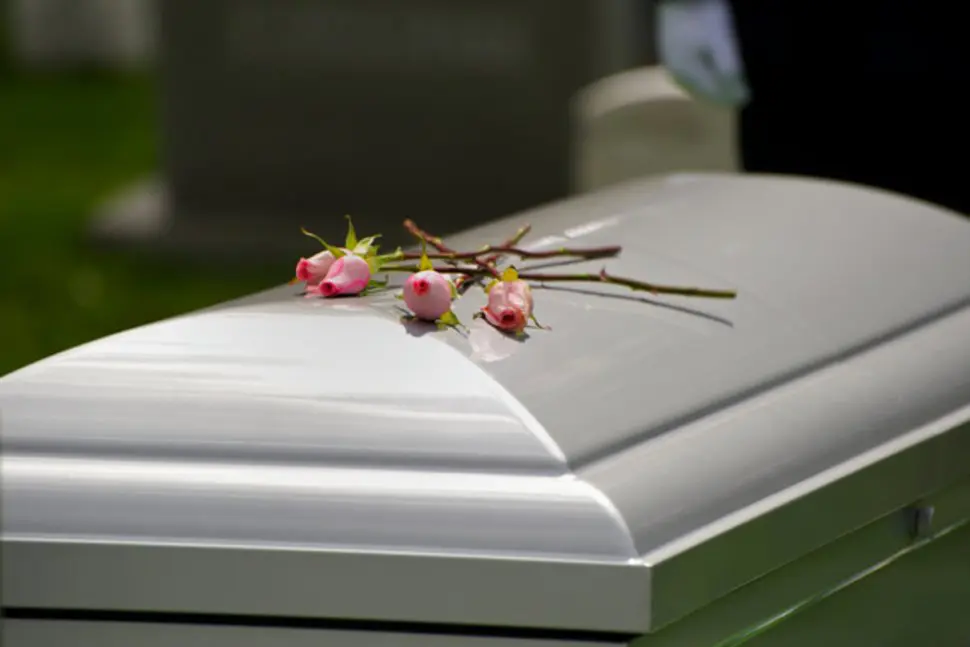

Additional Hours by Request